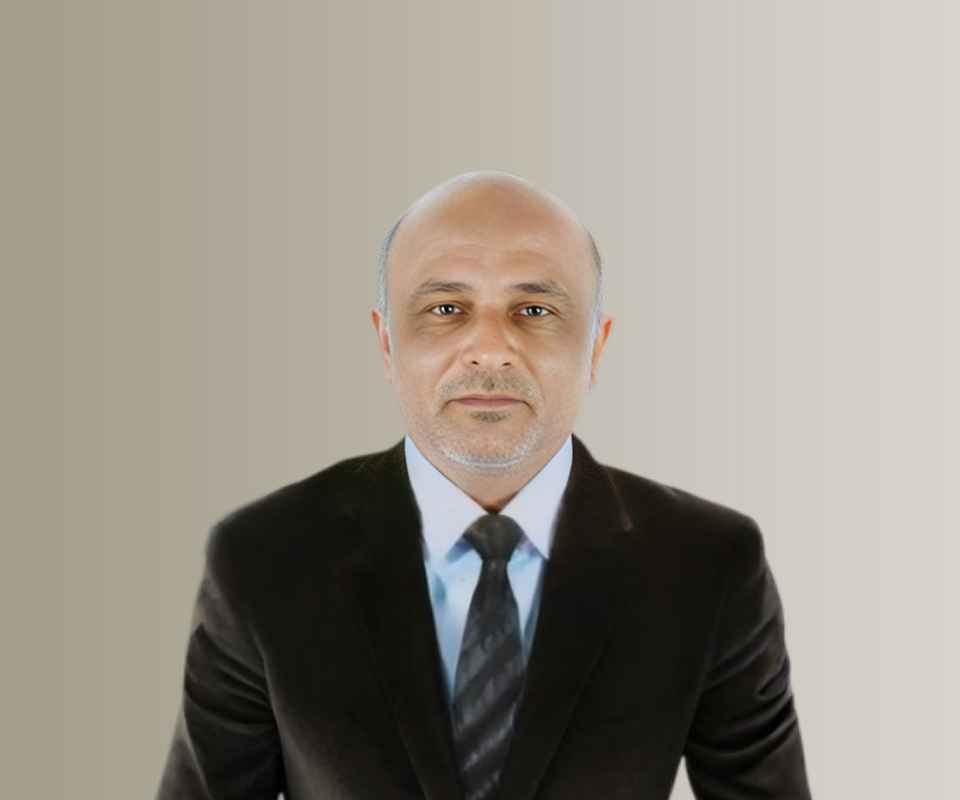Answer By law4u team
In the United States, public schools must adhere to the Constitution's First Amendment, which ensures the separation of church and state. This principle means that schools cannot mandate or organize religious activities like prayer. However, students retain the right to practice their religion individually, within groups, or during free time, as long as it doesn’t disrupt the educational process.
Legal Considerations Regarding Prayer in Public Schools:
Separation of Church and State:
According to the Establishment Clause of the First Amendment, public schools cannot sponsor, mandate, or organize prayer. Schools are prohibited from making religious observance a part of the daily curriculum or school activities.
Student-Led Prayer:
While schools can’t lead or organize prayer, students are allowed to pray privately or in voluntary groups during non-instructional times (like lunch, recess, or before/after school) without interference from school authorities.
No Official Prayer Time:
Public schools cannot impose a designated prayer time during school hours. Doing so would amount to an endorsement of religion by the government, violating the Establishment Clause.
Equal Access for Religious Activities:
Schools are required to allow students to express their religion during appropriate times, as long as it’s student-initiated and doesn’t disrupt school activities. This includes activities like student-led prayer groups, Bible study groups, or other voluntary religious meetings.
Prayer at School Events:
Schools cannot mandate prayers during events like graduations or sports games. If a student wishes to lead a prayer at such events, it must be voluntary and cannot be encouraged or coerced by the school.
What Schools Can Do:
Encourage Religious Freedom:
Schools are obligated to respect students' rights to express their religion individually or in student-led groups, as long as it doesn’t disrupt educational activities.
Provide Religious Accommodation:
If a student’s religious practice requires certain accommodations (e.g., prayer breaks), schools are generally required to make reasonable adjustments during free periods or breaks, provided it doesn’t disrupt the school environment.
Non-Endorsement of Religious Practice:
While students have religious freedoms, schools must ensure that no teacher, administrator, or school official is endorsing or facilitating prayer in any way, as it could be seen as a violation of the constitutional principle of separation of church and state.
Example:
Imagine a high school graduation ceremony where a student volunteer wants to offer a prayer before the event. The school cannot organize or enforce this prayer, but if it’s student-initiated and voluntary, it can take place. However, the school must ensure that the prayer doesn’t alienate non-religious or non-Christian students and that participation is not coerced. If a teacher or school official encourages the prayer, it could be seen as an unconstitutional act of endorsing a religious practice.







